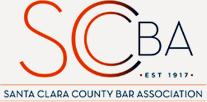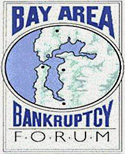 California has long prohibited employers from requiring employees to sign agreements denying the employee the right to disclose information about unlawful acts in the workplace, including but not limited to, sexual harassment in order to obtain a raise or bonus or as a condition of employment or continued employment.
California has long prohibited employers from requiring employees to sign agreements denying the employee the right to disclose information about unlawful acts in the workplace, including but not limited to, sexual harassment in order to obtain a raise or bonus or as a condition of employment or continued employment.

408-971-6270
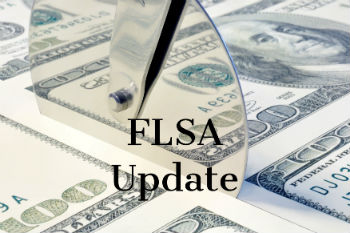 The United States Department of Labor issued new regulations today affecting the white collar exemptions to the overtime wage and hour laws under FLSA. (The Fair Labor Standards Act.) DOL apparently set a new threshold amount for claiming the exemption. Workers must now make $35,308 per year in order to claim any of the white collar exemptions. The effect of the new overtime rules, issued today, March 7, 2019, is unclear as a number of groups have indicated that they intend to take legal actions related to these new regulations.
The United States Department of Labor issued new regulations today affecting the white collar exemptions to the overtime wage and hour laws under FLSA. (The Fair Labor Standards Act.) DOL apparently set a new threshold amount for claiming the exemption. Workers must now make $35,308 per year in order to claim any of the white collar exemptions. The effect of the new overtime rules, issued today, March 7, 2019, is unclear as a number of groups have indicated that they intend to take legal actions related to these new regulations.
[DOL’s Fact Sheet here: https://www.dol.gov/whd/overtime/fs17a_overview.htm]
Diemer & Wei, LLP routinely represents employers related to wage and hour claims. Please call if you need legal advice about this type of matter, or are concerned about how the new rules might affect your business operations.
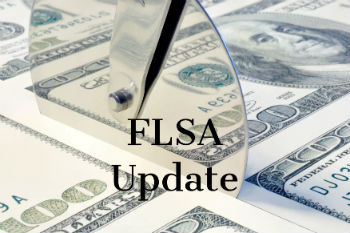 The Southern District of New York Court ruled against the employees claim that both the Franchisor and the independent Franchisees were liable in a class action wage and hour claim In Re Domino’s Pizza.
The Southern District of New York Court ruled against the employees claim that both the Franchisor and the independent Franchisees were liable in a class action wage and hour claim In Re Domino’s Pizza.
Although the In Re Domino’s Pizza case does not control California courts decisions in wage and hour cases, the case is important because it is the first court to squarely address the issue of whether both franchisors and franchisees can be liable. Additionally, the New York District Court is generally quite influential, and the decision itself is thorough, clearly setting out it’s thought process and the law underpinning that thought process.
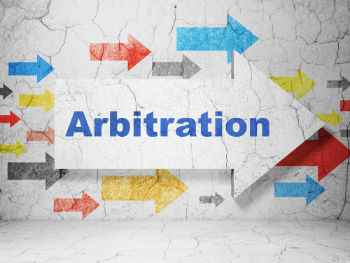 California employers should consider the routine use of arbitration agreements for employees, to avoid the risk of class action litigation. The United State Supreme Court in Epic Systems Corp. v. Lewis, 138 S. Ct. 1612 (2018) upheld class action waivers contained in arbitration agreements. Just a week ago the Ninth Circuit Court of Appeals overruled the Northern District Court of California, specifically finding that arbitration agreements containing class action waivers are valid. See, O’Connor v. Uber Technologies, Inc., Case No. 14-16078.
California employers should consider the routine use of arbitration agreements for employees, to avoid the risk of class action litigation. The United State Supreme Court in Epic Systems Corp. v. Lewis, 138 S. Ct. 1612 (2018) upheld class action waivers contained in arbitration agreements. Just a week ago the Ninth Circuit Court of Appeals overruled the Northern District Court of California, specifically finding that arbitration agreements containing class action waivers are valid. See, O’Connor v. Uber Technologies, Inc., Case No. 14-16078.
TAKEAWAY⇒California employers should update their procedures, and consider implementing arbitration agreements for all employees, containing a specific class action waiver, in the form and style used in the Epic Systems, and Uber Technologies, Inc. cases, in order to assist in limiting risk of class action lawsuits by employees such as wage and hour claims, and meal and rest break litigation.
